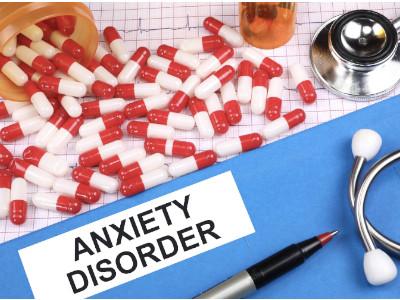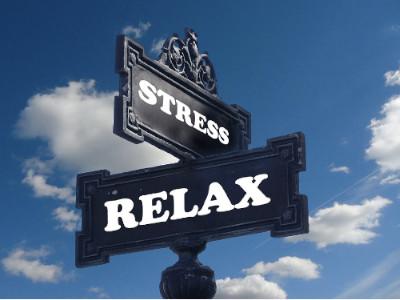
- Published on 11-May-2022
- 0 Likes
- 0 Comments
- 460 Times Read
Everybody experiences some level of anxiety from time to time, and it is completely normal. It's your body's way of preparing for the fight-or-flight response. According to scientists, there was a time in our distant past when we were just as likely to be the prey as were to be the predator. When faced with dangerous situations, the body would release chemicals that would give us a burst of speed and strength as needed. The modern anxiety disorder has its roots in this ancient struggle.
While such a response was necessary early in our development, the truth is that we are not often chased by cave bear or saber-toothed cats anymore. Yes, we can face situations where our life is in danger; the fight-or-flight response makes perfect sense under such conditions. However, we can still get them same response when faced with things that won't harm us at all, and that's what anxiety is.
Most people will experience anxiety when flying for the first time, speaking publicly or while proposing marriage. Again, being anxious in these situations is normal. People with an anxiety disorder go much further. They not only get anxious before events like those mentioned, but they can also get anxious about things that may never even happen. For example, if they are out for a walk, they may worry about getting hit by a car, even though the streets are empty. That may sound extreme to most people, but anyone that suffers from the condition can relate to such a situation.
The symptoms of an anxiety disorder are quite varied, and range in their intensity. Here are a few of the more typical symptoms: shortness of breath, heart palpitations, fatigue, headaches, stomach pain, nausea and pain in the chest, sweating, and feeling shaky. Those symptoms can also be signs of other problems, and that's one reason why a lot of people don't know they have anxiety. For example, people may think they ate some bad food or have heartburn, when in reality it's anxiety.
Anxiety is usually treated with medication, therapy, or both. People with mild anxiety may not need any medication at all if they are able to learn techniques for coping with their anxiety. These techniques can include desensitizing, learning how to identify the onset of anxiety, interrupting the thought process and then refocusing those thoughts in a more positive manner. There are several medications available, but it may take some trial and error before the right one and the right dosage.
The main thing is to realize that an anxiety disorder is a treatable condition. It's simply a matter of receiving the right diagnosis and then finding the treatment options that work best for you.



0 Comments